When Schools And Parents Don’t Talk
Communities don’t understand teaching and learning? Education doesn’t know what communities really need? This seems like an opportunity.
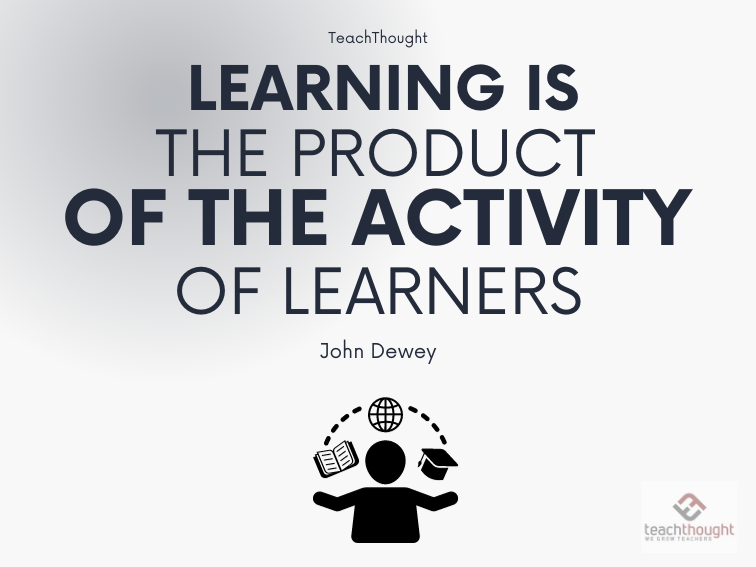
Communities don’t understand teaching and learning? Education doesn’t know what communities really need? This seems like an opportunity.
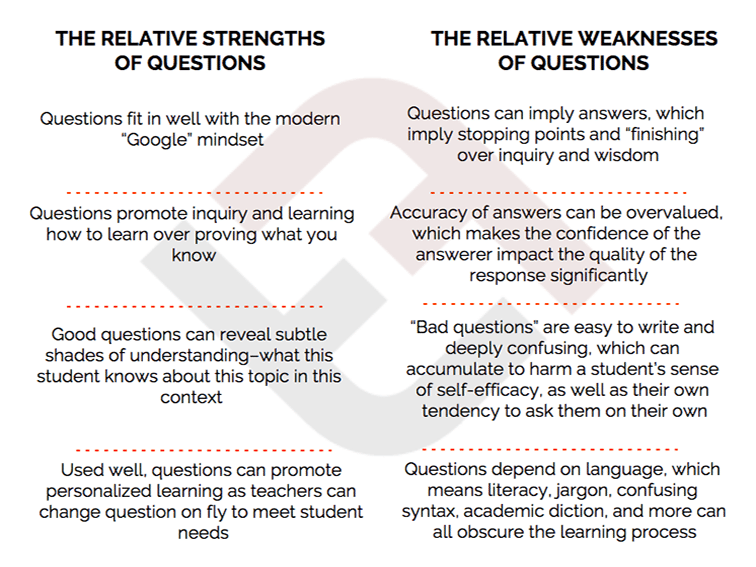
This guide to questioning in the classroom views questions as signs of understanding, not ignorance–the ability to see what you’re missing.
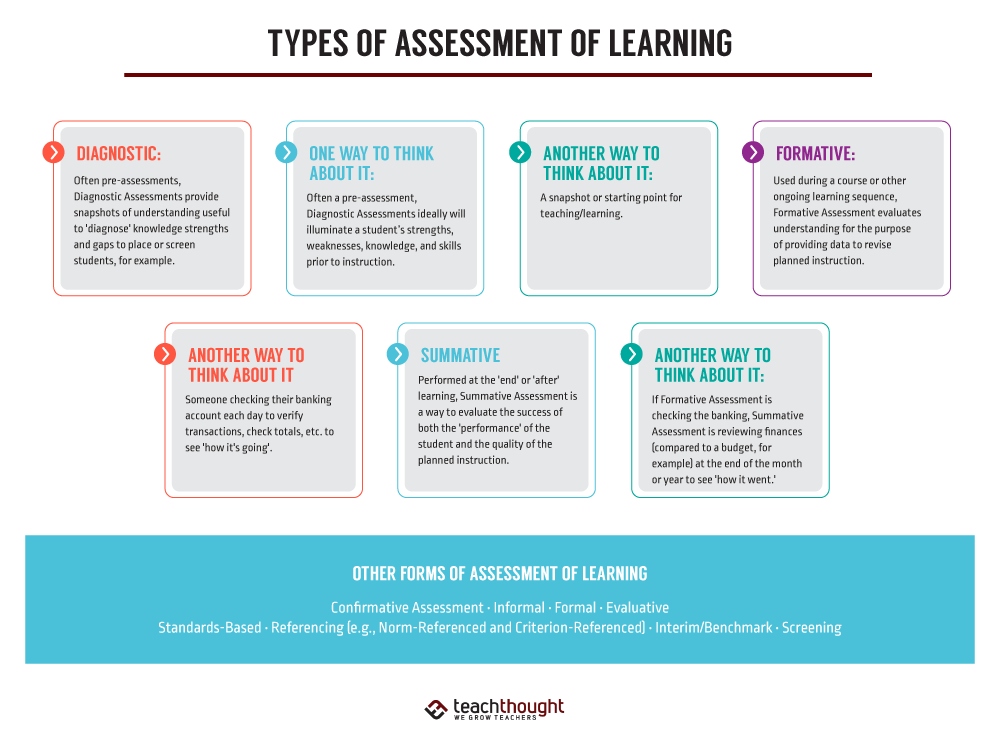
From formative and summative assessment to criterion-referenced and benchmark assessment, each type of assessment has a unique function.
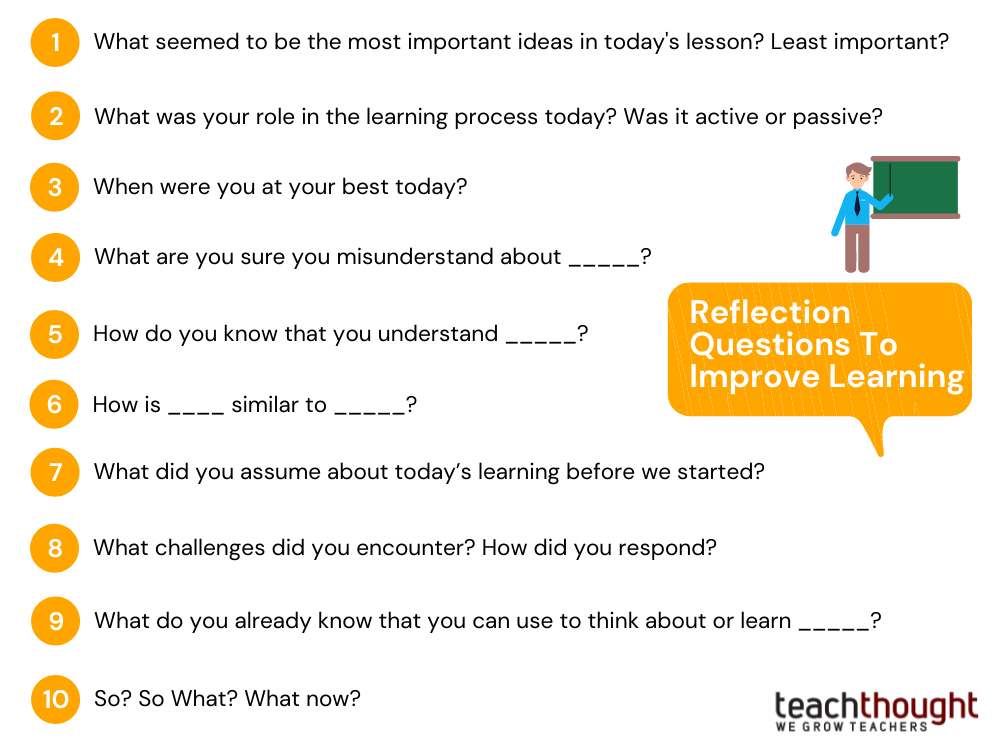
Were you an active or a passive learner? Of what you learned today, what are you most comfortable with and what is still ‘iffy’?
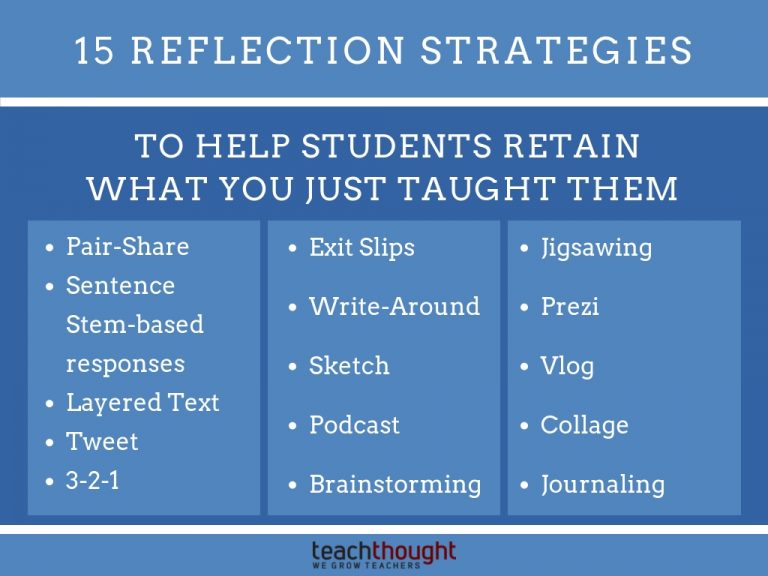
By asking students to leave a little learning on a chair by the door on the way out of the classoom, exit slips are an easy way to reflect on learning.
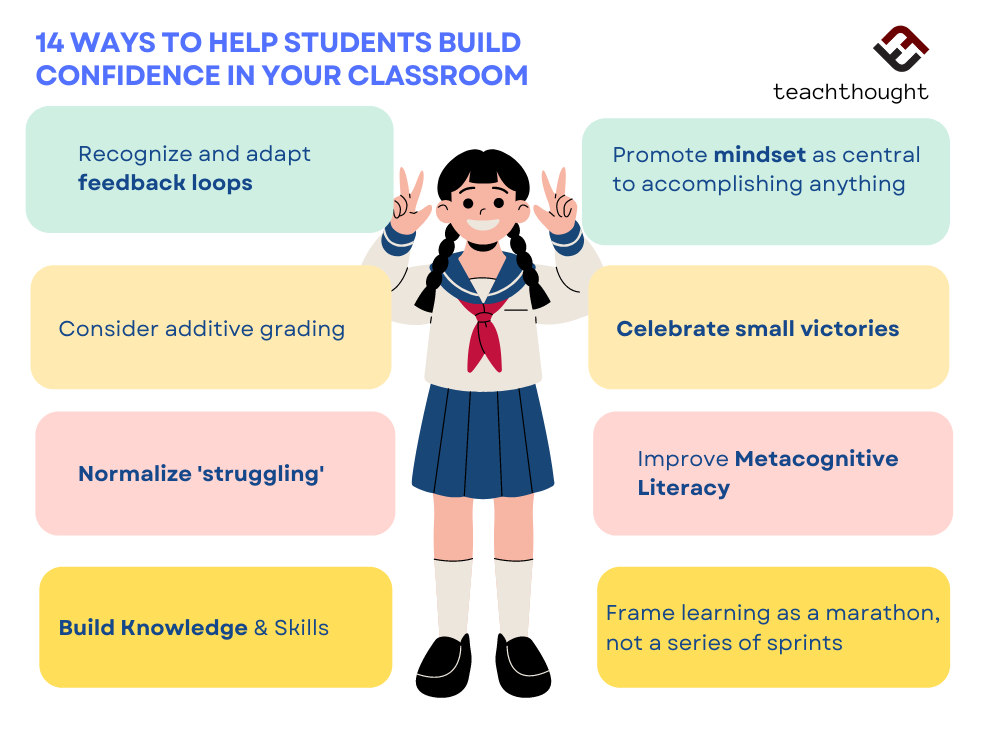
‘Believing in students’ isn’t enough–they have to have sufficient knowledge or experience with ideas and skills to ‘do well in school.’
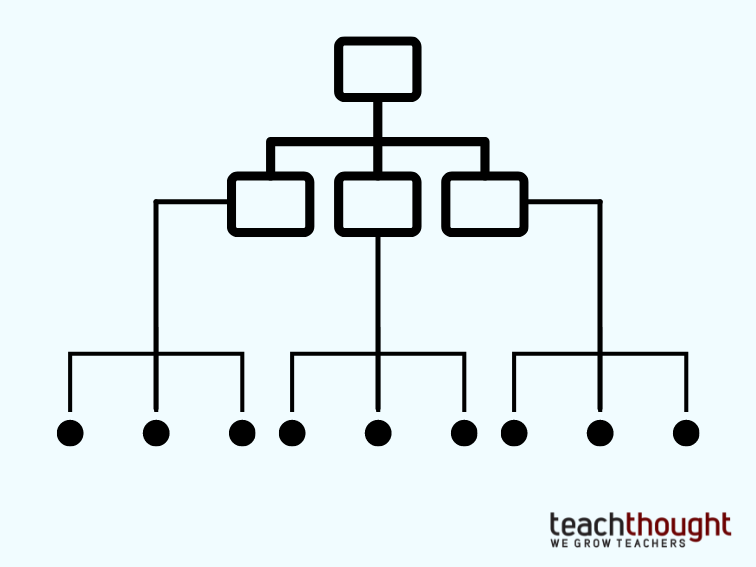
Navigating the journey of writing a research paper can be daunting but achievable with a structured approach.
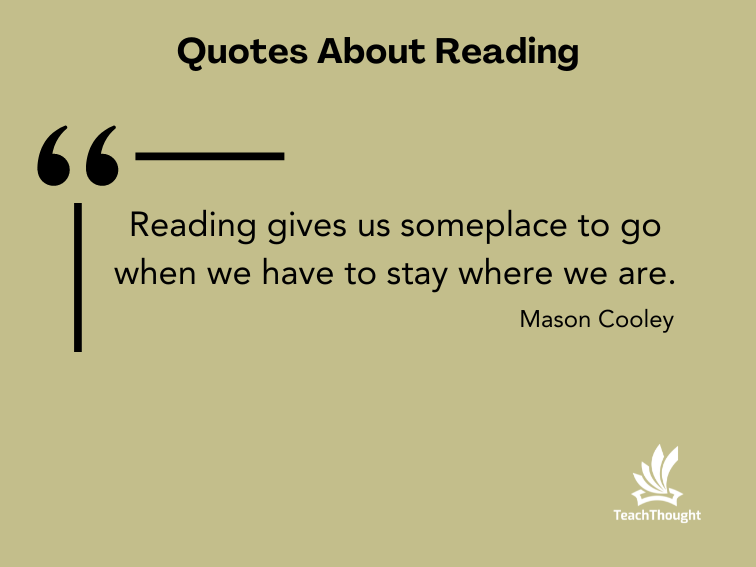
“Reading gives us someplace to go when we have to stay where we are.”
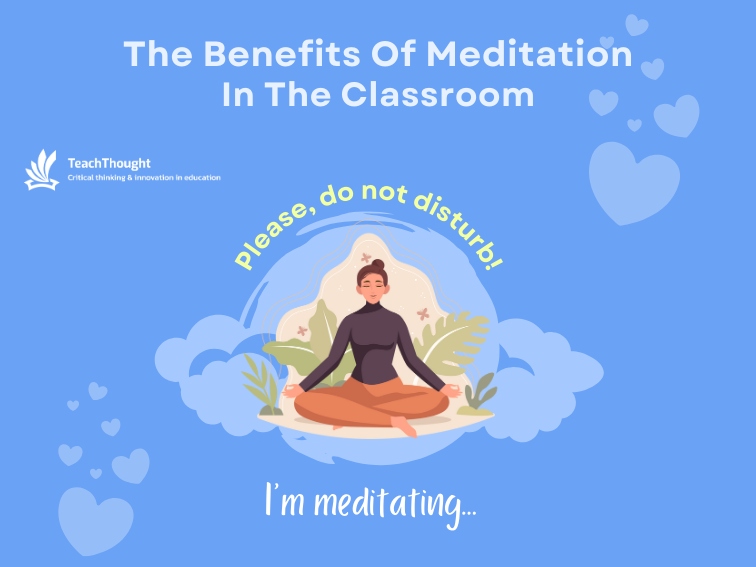
Benefits of meditation in the classroom include reduced stress, improved concentration, and emotional regulation.
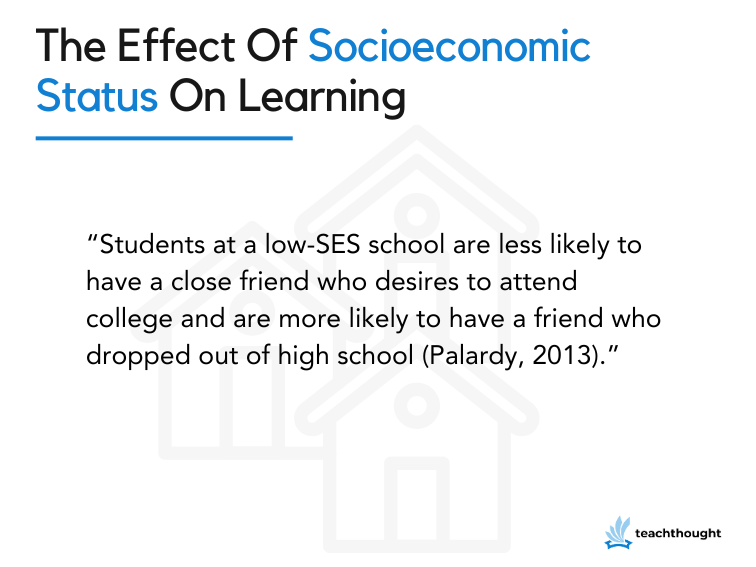
The research on the influence of socioeconomic status on learning leads to questions about how to support teachers so they can help students.
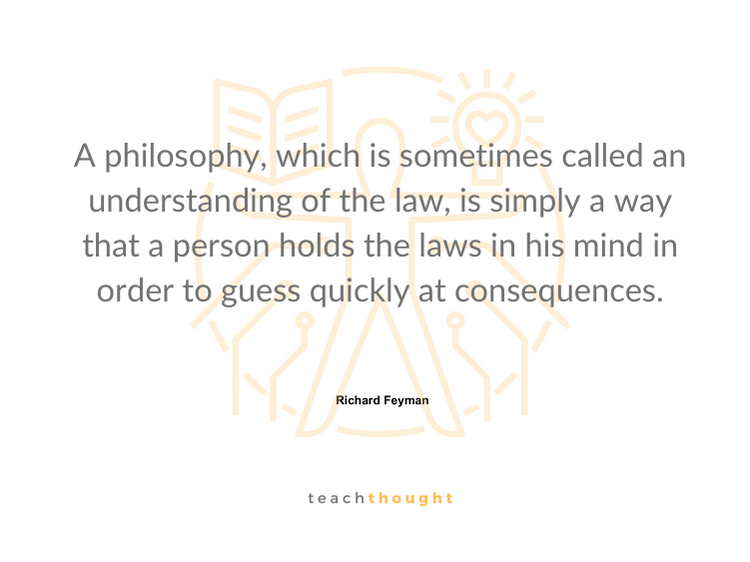
“A philosophy…sometimes called an understanding of the law…is a way that a person holds the laws…to guess quickly at consequences.”
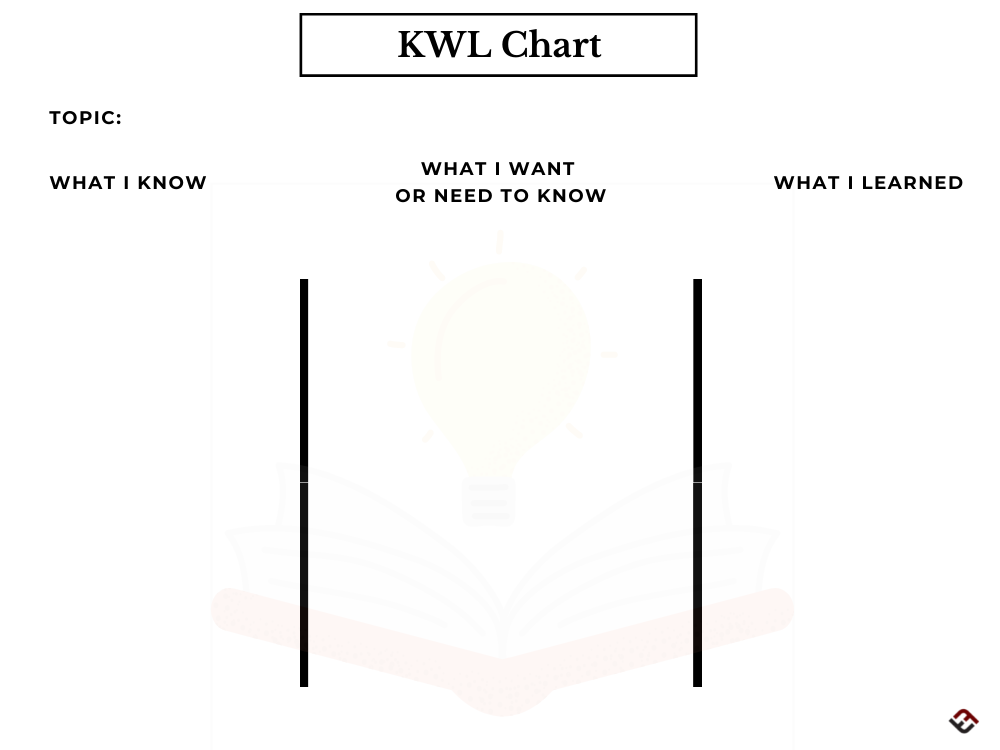
In this example of rigor-based differentiation, notice how the students’ results are similar, but the process and scaffolding are different.
End of content
End of content